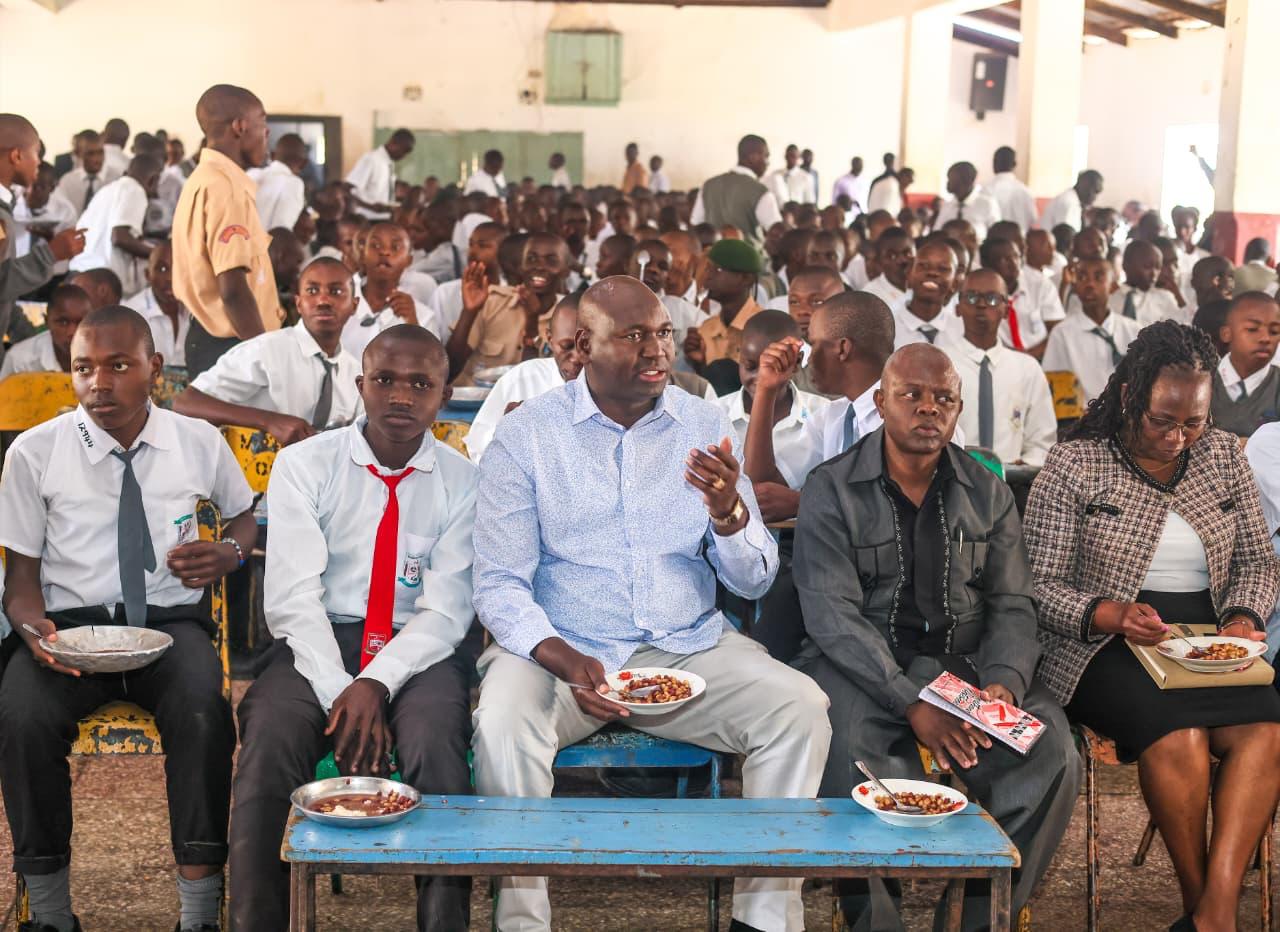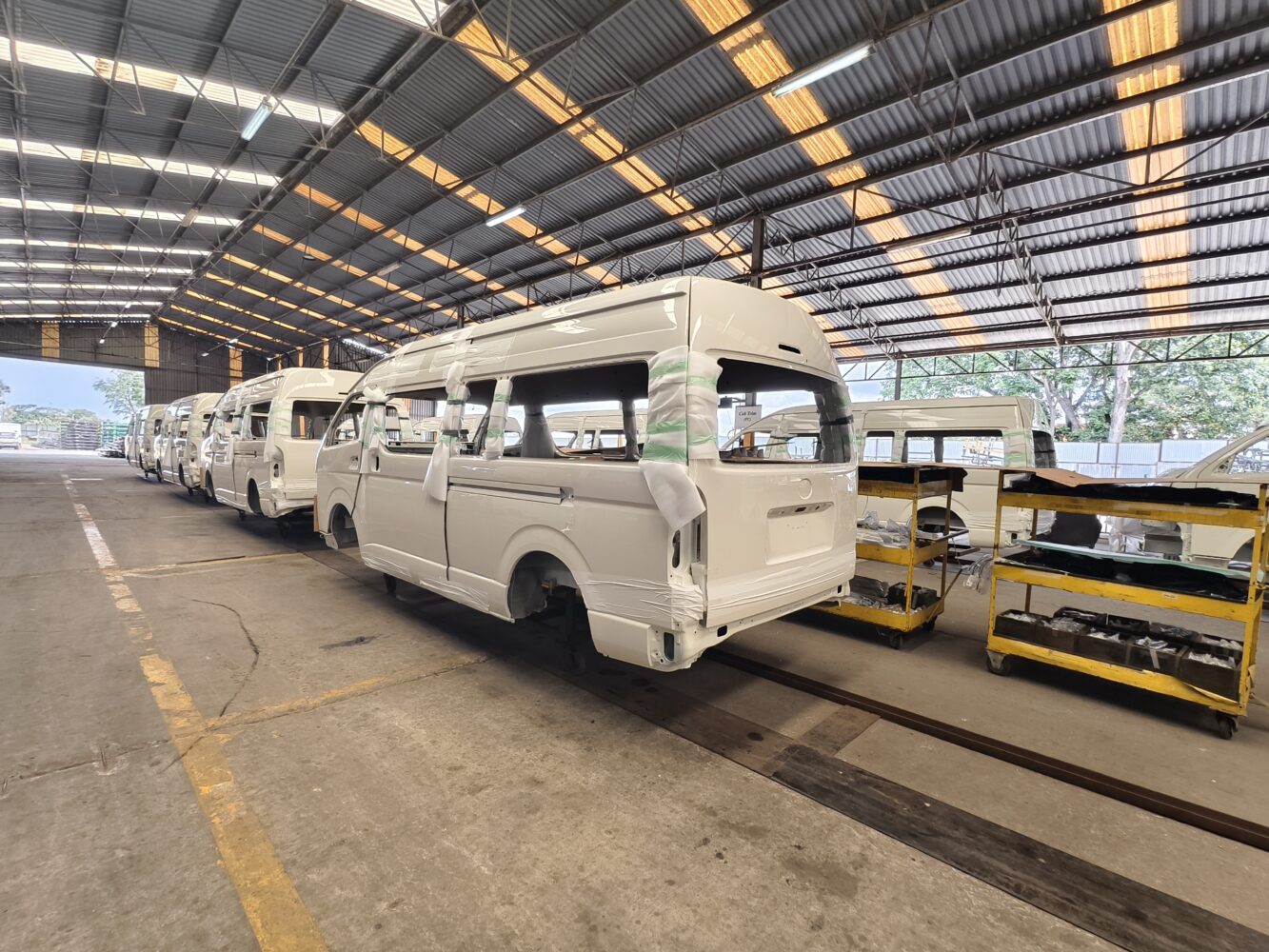For many young people, school isn’t just a place to learn, it’s a battlefield. From primary school exams to university dissertations, the constant pressure to perform has turned education into a source of anxiety instead of opportunity.
Some will describe it as carrying a backpack filled with bricks, the grades, expectations, and dreams too heavy to manage.
In homes across the country, parents chant the familiar line: “Read hard, pass exams, secure your future.” It sounds inspiring, but to many, it feels like a life sentence.
A bad grade isn’t just a mark on paper; it’s treated like a personal failure, sometimes met with punishment or shame. No wonder students stay up at 3 a.m., not out of love for knowledge, but out of fear of disappointing their families.
And here lies the biggest irony, education was meant to unlock doors, but many graduates find themselves knocking endlessly on locked gates.
The mismatch between what’s taught in classrooms and what the job market demands has left thousands underemployed or jobless. It’s like training for years to run a race, only to realize the finish line has been moved to another stadium.
The mental toll is devastating. Burnout, anxiety, and even depression are becoming normal among students and recent graduates. The fear of “failure” in school translates into self-doubt in adulthood.
Some cope by dropping out, others by retreating into silence, and a few, tragically, by giving up altogether.
But it doesn’t have to stay this way. If schools valued creativity as much as grades, if vocational and technical skills were respected as much as university degrees, and if parents saw their children as humans, not just report cards, education could truly liberate instead of suffocate.
Until then, many young people will continue studying not because they love learning, but because they’re trying to survive the pressure cooker.












